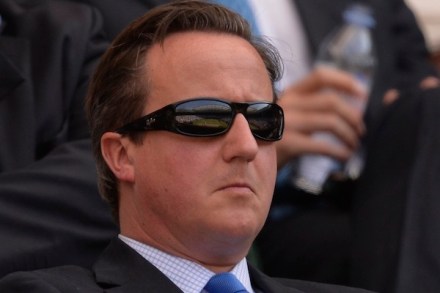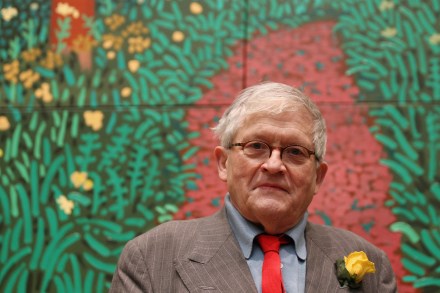The long-term political benefit for both Coalition parties of Abu Qatada’s deportation
If you had the misfortune to miss Theresa May’s statement on the deportation of Abu Qatada this afternoon, it would hardly stretch your imagination to work out how the occasion went. It involved MPs cheering May, May making it clear that the government has done very well and then pointing out (again) that she does want reform (which the Lib Dems disagree with). MPs took care to praise the Home Secretary, mindful of all the chatter about Qatada’s departure being good for her own leadership ambitions. Even if you’re not on the TM4PM bandwagon, you might as well ingratiate yourself with her in case something unexpected happens. All pretty formulaic




















